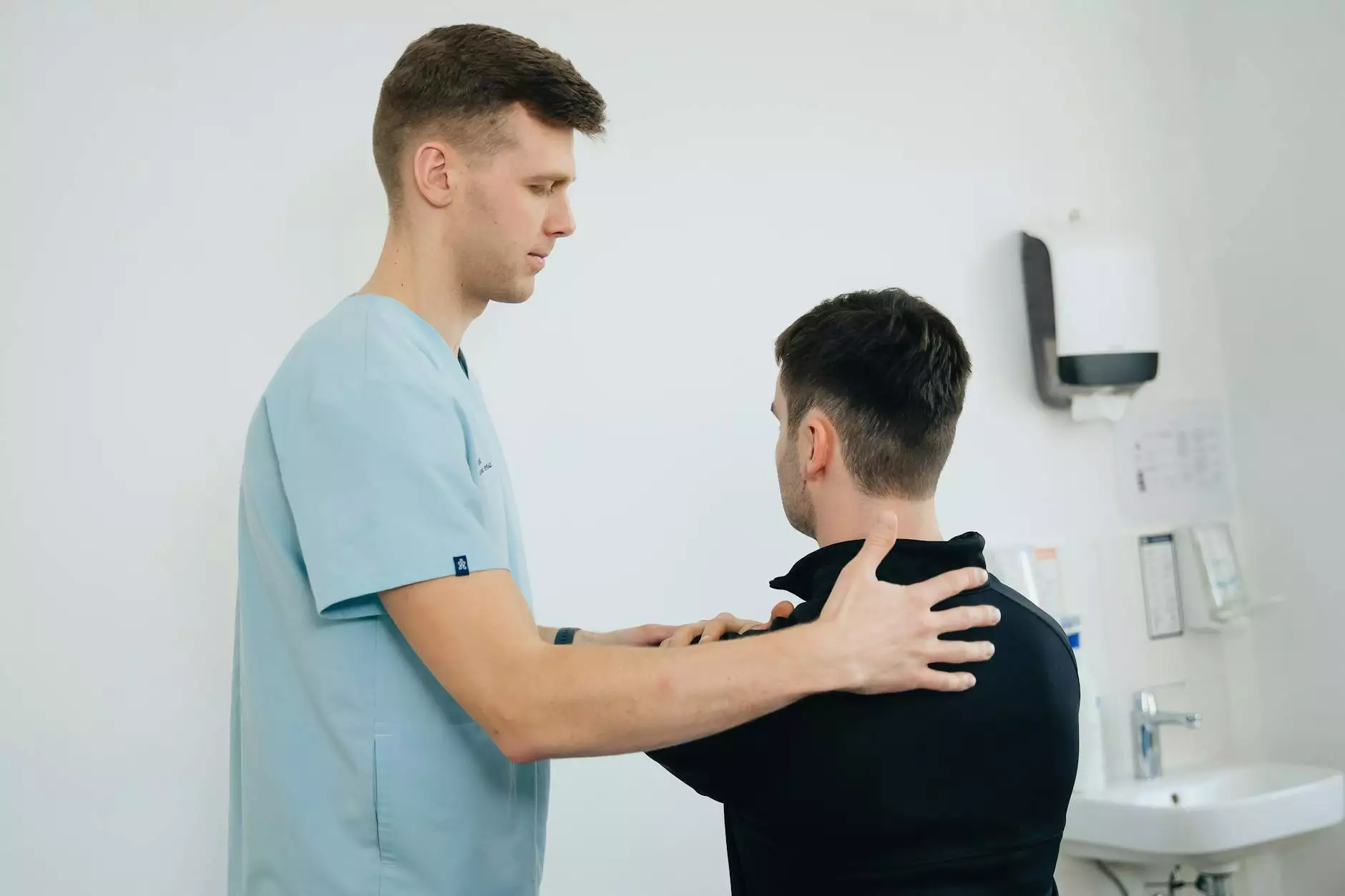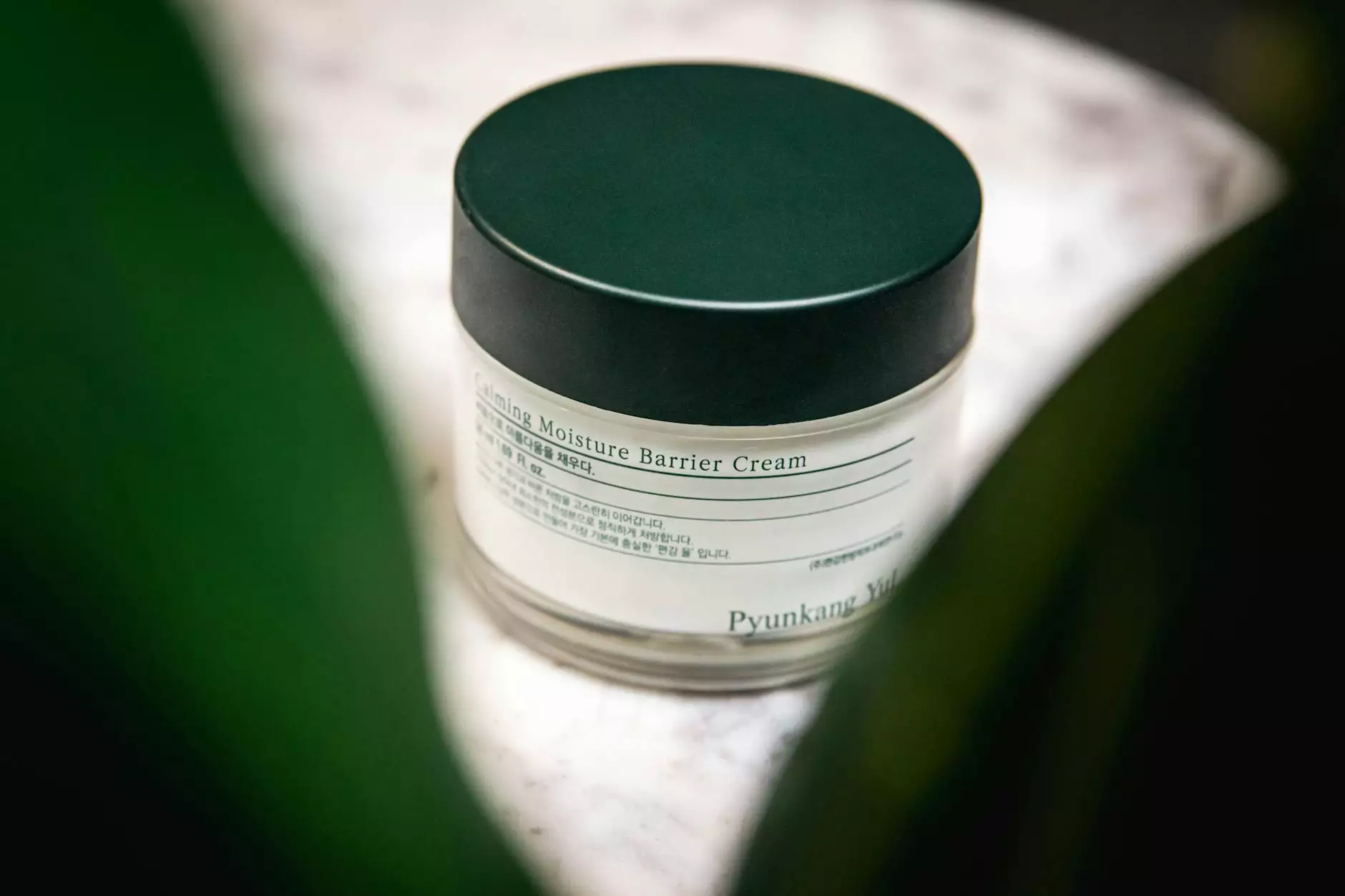Effective Rotator Cuff Injury Physiotherapy Treatment

The rotator cuff is a critical component of shoulder functionality, consisting of muscles and tendons that stabilize the shoulder joint. Injuries to this area can significantly hamper daily activities, especially for those involved in sports or physical labor. In this comprehensive guide, we delve deep into the rotator cuff injury physiotherapy treatment options available at Hello Physio in Singapore. Our goal is to provide you with valuable insights to help you make informed decisions about your recovery.
Understanding Rotator Cuff Injuries
A rotator cuff injury can manifest in several forms, including tears, tendinitis, and impingement syndrome. These conditions can arise from a variety of factors such as:
- Overuse: Frequent overhead movements can lead to wear and tear.
- Acute Injury: Falling or lifting something heavy can cause sudden tears.
- Aging: As we age, the tendons may degenerate.
- Poor Posture: This can lead to misalignment and strain on the rotator cuff.
Symptoms of Rotator Cuff Injuries
Common symptoms include:
- Pain: Often felt at night or during specific shoulder movements.
- Weakness: Difficulty lifting the arm or performing overhead tasks.
- Limited Range of Motion: Stiffness and an inability to move the shoulder normally.
- Swelling: May occur around the shoulder area.
Why Physiotherapy is Essential in Recovery
Physiotherapy plays a pivotal role in the recovery from a rotator cuff injury. At Hello Physio, the physiotherapy treatment plan focuses on:
- Pain Relief: Utilization of modalities such as heat, ice, or electrical stimulation.
- Restoration of Movement: Gentle stretching and mobilization techniques.
- Strengthening Exercises: Targeted exercises to rebuild muscle strength.
- Education: Guidance on proper mechanics and posture to prevent re-injury.
Initial Assessment and Diagnosis
The first step in the rotator cuff injury physiotherapy treatment process is a thorough assessment. Our qualified physiotherapists conduct a comprehensive evaluation that includes:
- Patient History: Discussing symptoms, medical history, and activity level.
- Physical Examination: Evaluating range of motion, strength, and pain levels.
- Functional Testing: Assessing the ability to perform specific actions that may be painful.
- Diagnostic Imaging: Referrals for X-rays or MRI if needed to visualize the extent of the injury.
Customized Treatment Plans for Rotator Cuff Injuries
Every injury is unique, and so should be the treatment plan. At Hello Physio, we specialize in creating personalized rehabilitation programs that may include:
Manual Therapy Techniques
Techniques such as *joint mobilization* and *soft tissue manipulation* can aid in enhancing shoulder mobility and relieving pain.
Exercise Therapy
The cornerstone of our physiotherapy treatment involves carefully selected exercise regimens that include:
- Stretching: To improve flexibility and range of motion.
- Strengthening: Focusing on the rotator cuff muscles and surrounding shoulder girdle.
- Functional Training: Gradually incorporating activities that mimic daily tasks.
The Rehabilitation Process
Rehabilitation is not a one-size-fits-all approach. The process is typically divided into several phases depending on the severity of the injury:
Phase 1: Acute Phase (Weeks 1-2)
During this initial phase, the primary focus is on pain management and reducing inflammation. Treatment may involve ice therapy and specific gentle mobility exercises.
Phase 2: Recovery Phase (Weeks 3-6)
This phase centers on restoring range of motion and beginning light strengthening exercises. Our physiotherapists will guide you through this process with tailored exercises.
Phase 3: Functional Phase (Weeks 7-12)
As you progress, the focus shifts to more dynamic exercises and functional training. This may include activities specific to your personal interests or work requirements.
Tips for Long-term Recovery and Injury Prevention
To support your recovery and prevent future injuries, consider the following strategies:
- Maintain Strength: Continuously engage in shoulder strengthening and stretching routines even after recovery.
- Warm Up: Always perform a proper warm-up before engaging in sports or physical activities.
- Posture Awareness: Be mindful of your posture during daily activities to reduce strain.
- Ergonomic Adjustments: Make sure your workspace is set up to minimize shoulder strain.
Conclusion
Rotator cuff injuries can be debilitating but with the right physiotherapy treatment, *recovery is not only possible but highly achievable*. At Hello Physio in Singapore, we pride ourselves on our comprehensive approach to rotator cuff injury physiotherapy treatment ensuring that each patient receives the tailored care they deserve.
If you or someone you know is suffering from a rotator cuff injury, do not delay in reaching out to our team of experts. A pain-free, active life is within reach, and we are here to help you every step of the way!
Contact Us for More Information
For more details about our services or to schedule an appointment, please visit us at hellophysio.sg. Your journey to recovery begins with the right support.









